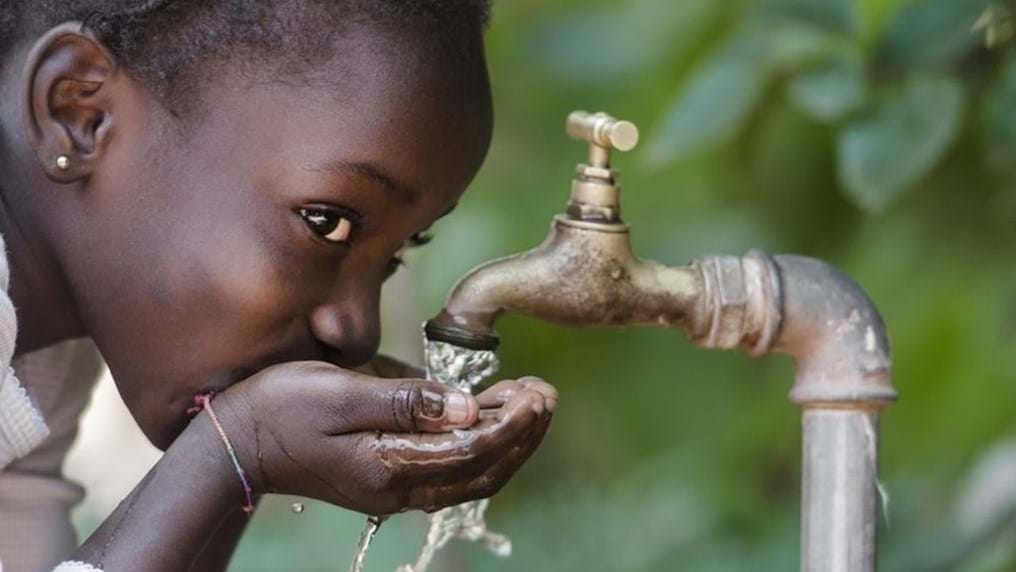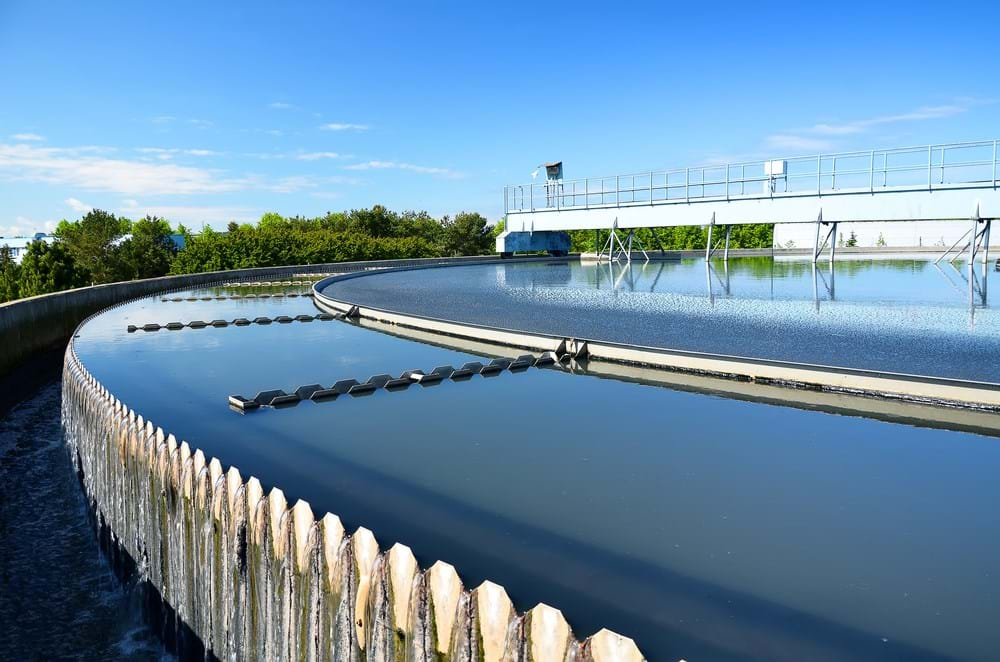Guest Blog: #WorldWaterDay

22nd March 2016
IChemE’s Special Interest Groups (SIGs) are an essential way for our members to share knowledge and collaborate on initiatives, which are of significance to their sector.
Today is World Water Day, and our Water SIG is a hugely important part of providing expert advice and consultation to the innovations that could change our world. Water is essential to life, it must be sustainable or we cannot survive. Chemical engineers are an important part of making sure water provision is sufficient, clean, economical, and environmentally-friendly.
Chris Short, Chair of the IChemE Water SIG, explores in more detail the current challenges for the water sector in today’s blog post. Read on to hear his thoughts, and feel free to join the conversation on Twitter using #WorldWaterDay or by leaving a comment below:

Name: Chris Short
Job: Consultant and Chartered Chemical Engineer
Company: Chris Short Water Quality (previously Yorkshire Water)
Special Interest Group: Water, Chairman
Today is World Water Day, and I'll be attending a conference in Leeds, UK, on Innovations in Wastewater Treatment.
The focus will be on the recovery of value from wastewater and I expect to hear how leading-edge technologies are performing and what new processes are being evaluated by researchers.
This is exciting stuff.
We've long been used to recovering soil-conditioning benefits and gas fuel from sewage sludge. However, in recent years we've seen big improvements in winning energy from sludge, and the start of recovering phosphorus from sewage, pushed by the high demand for fertilisers around the world.

Now we're asking; ‘what else is there that we might concentrate out of this resource for re-use?’
Energy is currently being extracted from ‘fat-bergs’, deposits accumulating in sewers from fat that's been flushed down the drains, largely inappropriately.
It's all very hi-tech, and sensitive to price variations in the energy and commodity markets, but just the thing to provide chemical engineers with interesting challenges. IChemE’s Water Special Interest Group (SIG) strives to cover these developments in our programme of meetings, visits, and webinars and in our newsletter - WET News.
However, that is not the focus of World Water Day. World Water Day is about ensuring everyone in the world has access to clean water, a basic human right.
The technologies needed to bring clean, convenient water supplies and sanitation to rural communities in many parts of the world are simple, low cost, low energy, and low maintenance.
Chemical engineers are able to put their analytical minds, practical approach and integrating skills to good use equally well in this low-tech area.
The Water SIG was delighted to host a webinar presentation by Engineers without Borders, Australia, recently. Concerning the development of domestic bio digesters in rural Cambodia, it showed how human and animal waste can provide families with gas for cooking and fertiliser. A key part of the project was to obtain feedback from the users, and evaluate it to ensure that the equipment and methodologies were fit for purpose.
We are expecting to present a webinar later this year on a new approach to sanitation planning for developing countries. This will involve using cost data for different types of sanitation schemes, from large urban to small rural communities, and drawing attention to the need for national infrastructure integration into planning and social policies. This strategic work has been trialled in Indonesia, and supports the Chemical Engineering Matters message that infrastructure is extremely important to improving water supply and sustainability to developing countries.
The theme for World Water Day this year is ‘Water and Jobs’.
This theme invites us to really pay attention to the water poverty in our world today. We must move away from children spending long hours carrying water at the expense of their schooling, and move towards the creation of jobs in cultivation and manufacturing - sustained by adequate supplies of water.
Water SIG is paying attention, and we will look for more opportunities to promote these objectives. Understanding the water footprint of products and lifestyles, and looking for opportunities to replace pollution by value from waste, can make significant contributions in both the developing and the developed world.